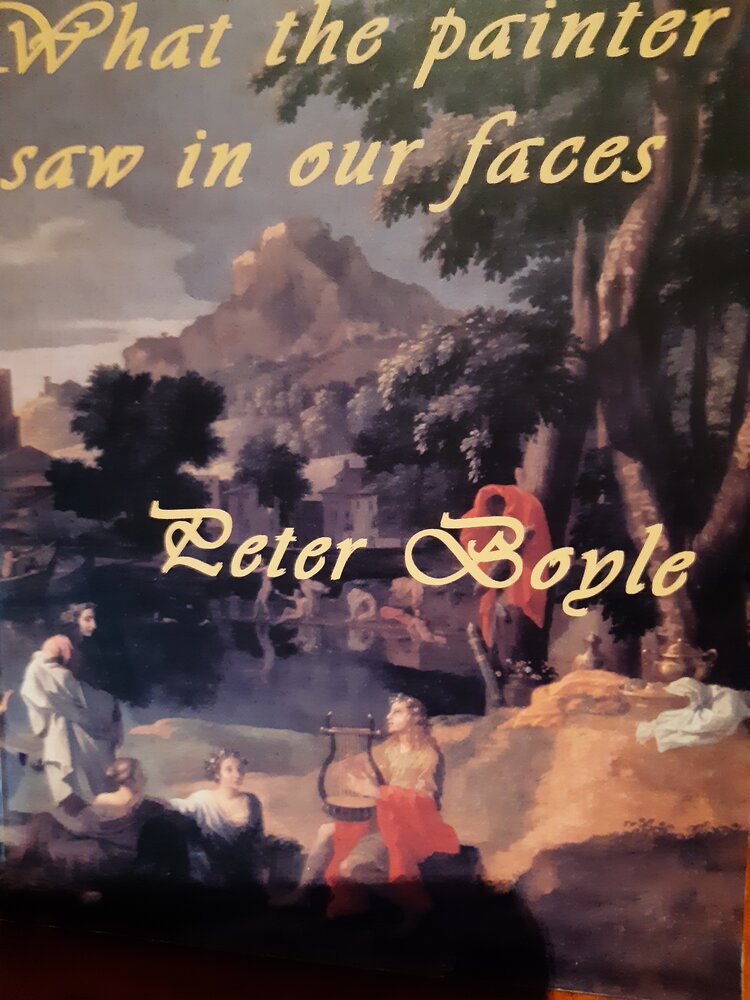What the Painter Saw in Our Faces
Five Islands Press, $16.95 pb, 109 pp
Two Faces
These two new collections are obverses in contemporary Australian poetry and show the opposing, but often interlocked, tensions between modernism and postmodernism. The poems in both books concern themselves with art’s capacity to create or suggest other worlds. Both use painting and the visual arts in dramatically different ways as metaphors and motifs. Both collections fragment and project the perceiving self into alternative ficto-autobiographies, but with different expectations of resolution. Both conjure up real worlds of political and institutional corruption on an international scale and pit moments of fragile subjectivity and domestic harmony against grubby injustice. Both register their authors’ age at around fifty. Caesar hankers after an ethical response; Boyle juxtaposes aesthetic possibilities. Caesar’s poetry is restrained, measured, spare; Boyle’s is crowded, insistent, histrionic.
Behind Caesar, I thought I heard Auden, Slessor and a clutch of cooler confessionals. I decided that Caesar is at base a modernist, stuck in imperfection with lots of baggage. (This is often the experience of migration and of escaping English imperialism, as in the first poem ‘In the Old Country’: ‘… how the traces of love / are not easily left / and lead us to follow the old cold miseries …’) He is an iconoclast trying to find icons and patterns in a clastic world, which is there to be written about and understood, but which resists appropriation.
Boyle’s poetry on the other hand typifies much that is postmodern, innately hostile to grand narratives, slipping between surfaces and worlds as it interrupts and disconnects signs from the reality to which they defer. Boyle is interested in the play of language and texture, content to settle for not being able to know the world but imagining it as a site of competing possibilities, both terrifying and whimsical. In ‘Missing Words’, for example, he writes: ‘I was looking for a great encyclopedia, the secret dictionary of all the missing words. I wanted to consult its index and find out what I could have become.’
Continue reading for only $10 per month. Subscribe and gain full access to Australian Book Review. Already a subscriber? Sign in. If you need assistance, feel free to contact us.











Leave a comment
If you are an ABR subscriber, you will need to sign in to post a comment.
If you have forgotten your sign in details, or if you receive an error message when trying to submit your comment, please email your comment (and the name of the article to which it relates) to ABR Comments. We will review your comment and, subject to approval, we will post it under your name.
Please note that all comments must be approved by ABR and comply with our Terms & Conditions.